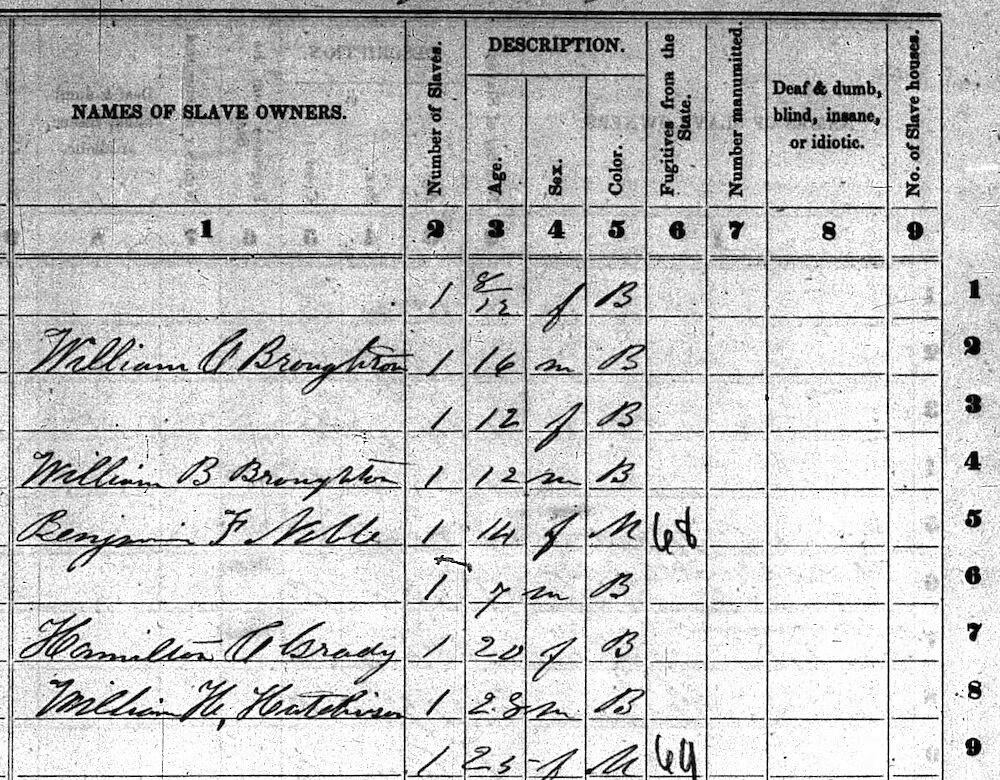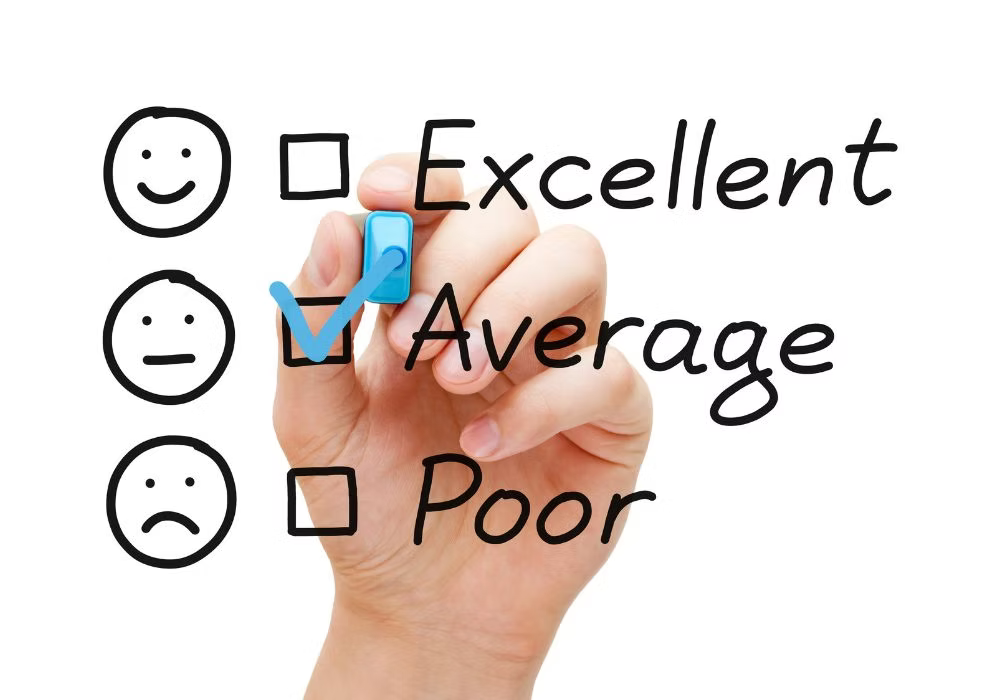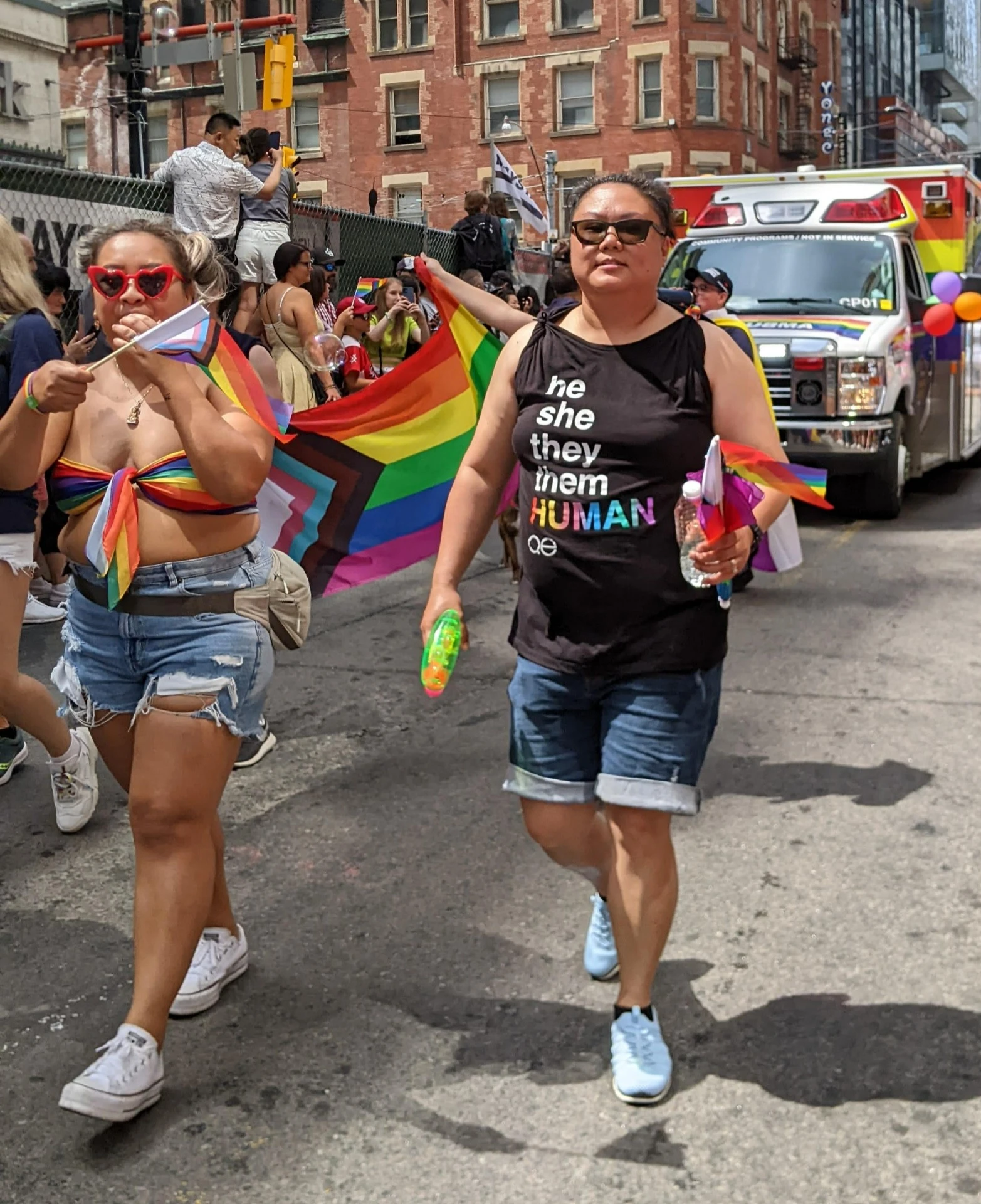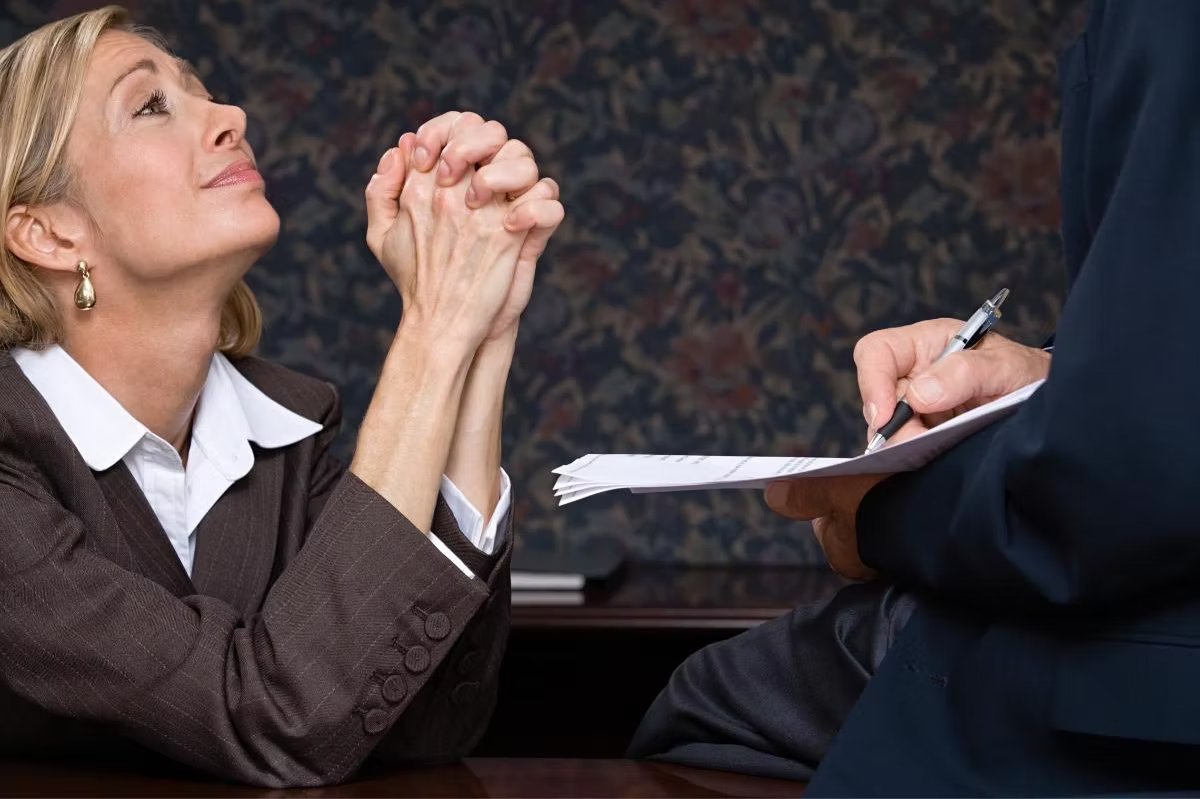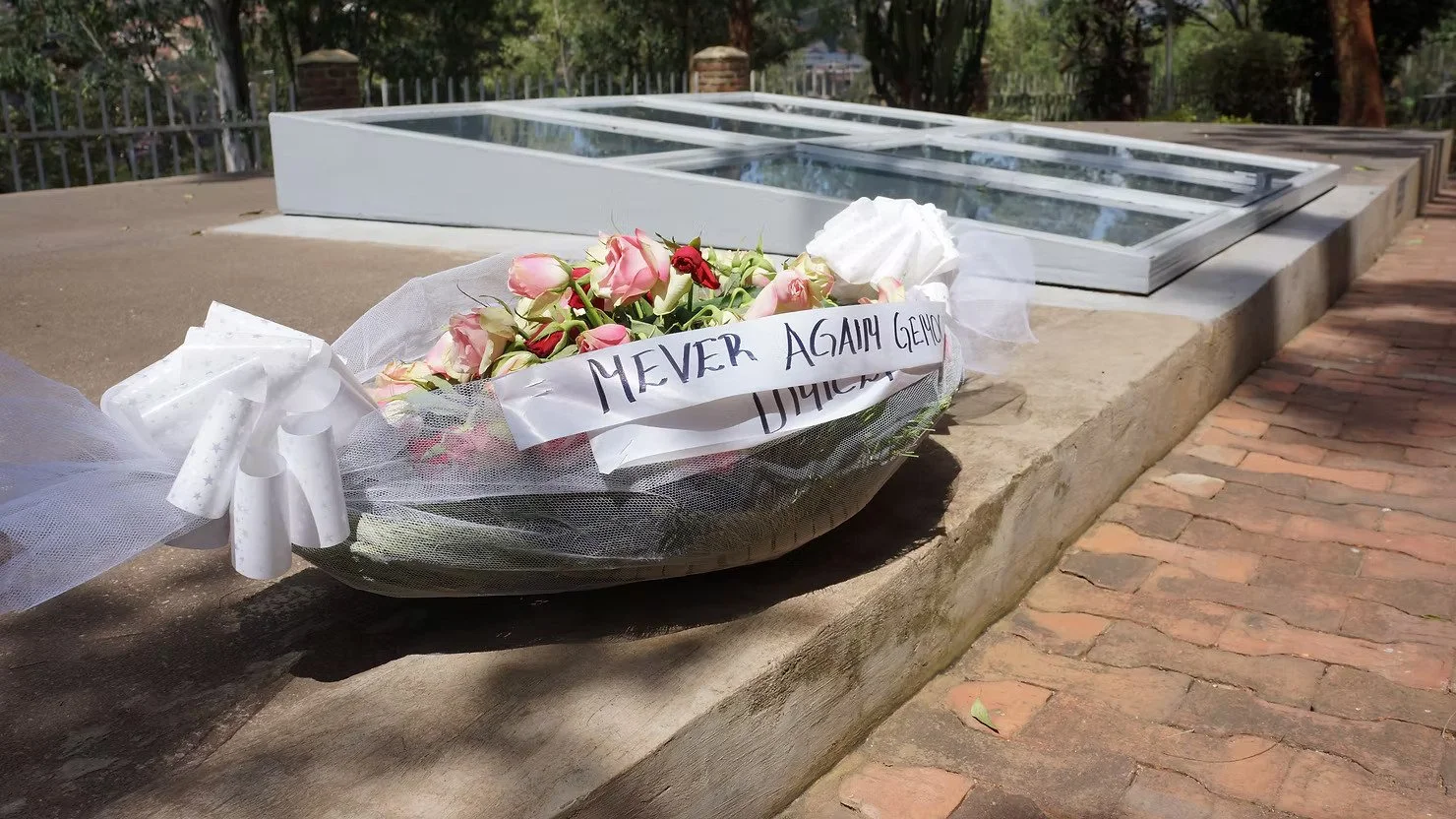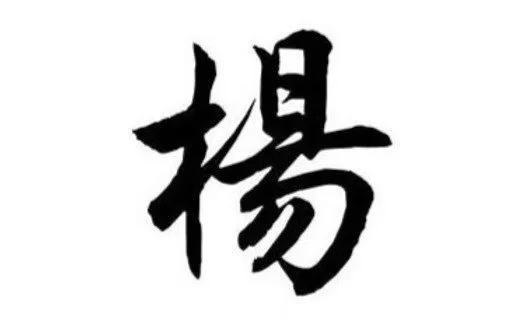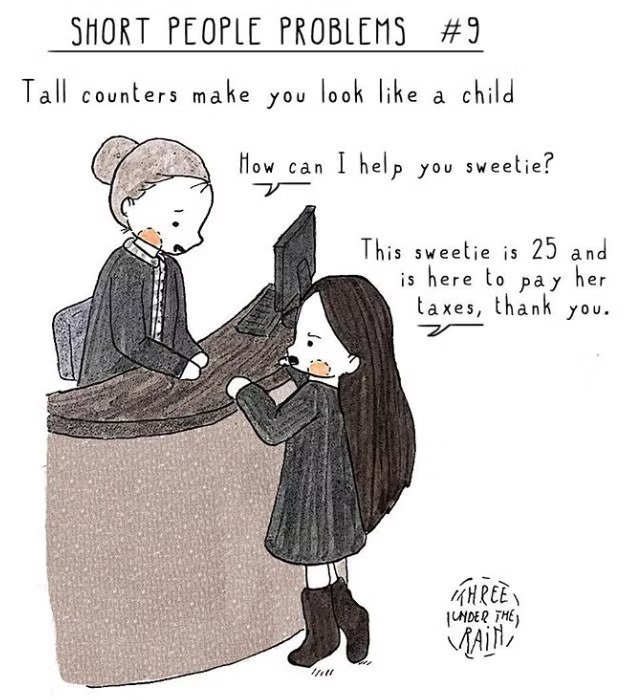
Changing Lenses Blog
Is the way we’re working not working for you?
Check out these innovative ideas to Change Your Lens on career, social justice, and trauma care.
Because we’re all humans, not resources.
Being Authentic in an Unjust World
Even before the cancellation of DEI and “wokeness”, the dangers of bringing your whole self to work were already well documented, like in this article from the Globe and Mail which says:
“Bringing your whole self to your job can be challenging at best and career limiting at worst, specifically for marginalized and racialized peoples.”
But some companies insist they do encourage folks to bring their whole selves to work. The UK even has a whole campaign for it.
So where’s the disconnect? And what does “bringing your whole self” even mean?
What Is Trauma?
Trauma is like having a broken arm, except it’s invisible so it’s a lot harder to identify and treat. If your trauma is never healed, you may be able to get by, but it’s not the same as it was before - things feel harder and take more effort. Conversations and activities which used to be easy and fun now feel unbearable. You may be limited in your capacity for how long you can handle stressors before exploding in anger or collapsing in depression.
Trauma can be overt (war) or covert (racism).
It's not Just Mental Health if it's not Just
Companies who profess to support mental health AND diversity, equity, and inclusion (DEI) for their employees, but who silo their efforts or treat them as unrelated initiatives, are missing yet another intersectional aspect of DEI. The abusive, power-imbalanced, transactional relationship between employers-employees that is foundational to capitalism is emotionally toxic to our human natures that crave connection, affirmation, and mutuality.
The Social Balance Sheet: Are Your Employees Assets or Expenses?
Capitalism: when we treat property better than we treat people. There was a time when businesses wanted women to have babies. They recognized that when women staff become mothers, it’s good for the economy because every newborn adds to the workforce of the future. In fact, women were encouraged to get pregnant and have as many babies as possible. When was this liberal, open-minded time in our history? The U.S. Antebellum Period, noted for the thriving wealth of the U.S. South - and SLAVERY.
“Doing Your Job IS Meeting Expectations”…(Unless You’re the Queen)
How Bias, Abundance and Scarcity Affect Performance This article isn’t about Queen Elizabeth II (“QEII”). It’s not about the British monarchy and their legacy of colonization, imperialism, classism, acquisition, destruction, and so on. It is, but it isn’t. It's about how we (the societal “we”) evaluate people with privilege vs. people without, and how we’ve enabled and endorsed inequity as a result.
Are You Proud to be You?
Friend, how do you feel about who you are? It’s a question I thought a lot about this past weekend during the Pride celebrations in my home town of Toronto.
On Sunday, the opposite of Pride was Shame. In the parade, I saw people who wanted to be fully seen and loved as they actually are. I saw people who refused to conform to what society, or their loved ones, demanded they be. I saw human beings who refused to believe that what made them "different" also made them unworthy.
Anti-Asian Racism: When My Food Becomes Your Fear Factor
They weren’t eating the food I love in appreciation. They were eating it as a gross-out challenge. Eating foods from different cultures is not an obstacle to overcome. It’s an experience to be had.
Patronage and Colonialism in the Workplace
I thought this whole thing was ridiculous and offensive. This organization had a toxic work environment, so I didn’t dare object. But it is a problem, because it reflects a colonial and discriminatory mindset that impacts how the company views and treats its employees. Who has the power? Who is important? Who bows to whom?
It’s About Racial Equity and Empathy, Not Representation
Folks, racism can’t be “educated out” of people. No coaching certification course can give a white coach the experiences of a racialized person. Yes, knowing about racism and bias is a good thing. No, it does not mean you understand what it’s like.
Race matters. Racialized experience matters. We need racial equity. We need the lived experience of just how much racism pervade all aspects of work and life.
A Case Study in Privilege: Black Hair Discrimination and Legalization
Just because something isn’t technically illegal, doesn’t mean it’s legal – and it definitely doesn’t mean it’s ethical. Discriminating against a black person because of their hair is racist. But until 2019, it wasn’t recognized as such by the U.S. courts.
Colonial Consequences: Race-on-Race Racism
Almost every country outside of Europe and Great Britain has been colonized at one point; and the impacts are ongoing. Some impacts are public and obvious – like in Canada, where so-called residential “schools” were used to “kill the Indian in the child”. Some are less well-known, like the link between Rwanda’s genocide and Belgium’s racial assignments. And some are so subtle and socially normalized that they’re almost invisible. Here are some ways I’ve experienced colonial impact in my life.
What’s in a Name?
“Sometimes People of Colour feel the need to change their name to make it easier for White people to pronounce. e.g. you often see Chinese people anglicizing their names.”
I don’t feel that I’ve compromised my ethnicity by having an “English” name. But I have definitely felt discrimination against my Chinese name.
Workplace Complicity – The Bystander Effect
If we want change, we can't stay silent.
It was supposed to be just another corporate seminar. NOT the place you’d expect to engage in a #MeToo confrontation with a misogynistic, sexist man. But if you think about it...
Systemic exclusion through the lens of a short person
Life is easier when the world is made to fit you. When systems are built around your demographic.
If you’re not sure if systemic racism, discrimination and exclusion exists, or how to define it – it’s probably because the system was built for you.




